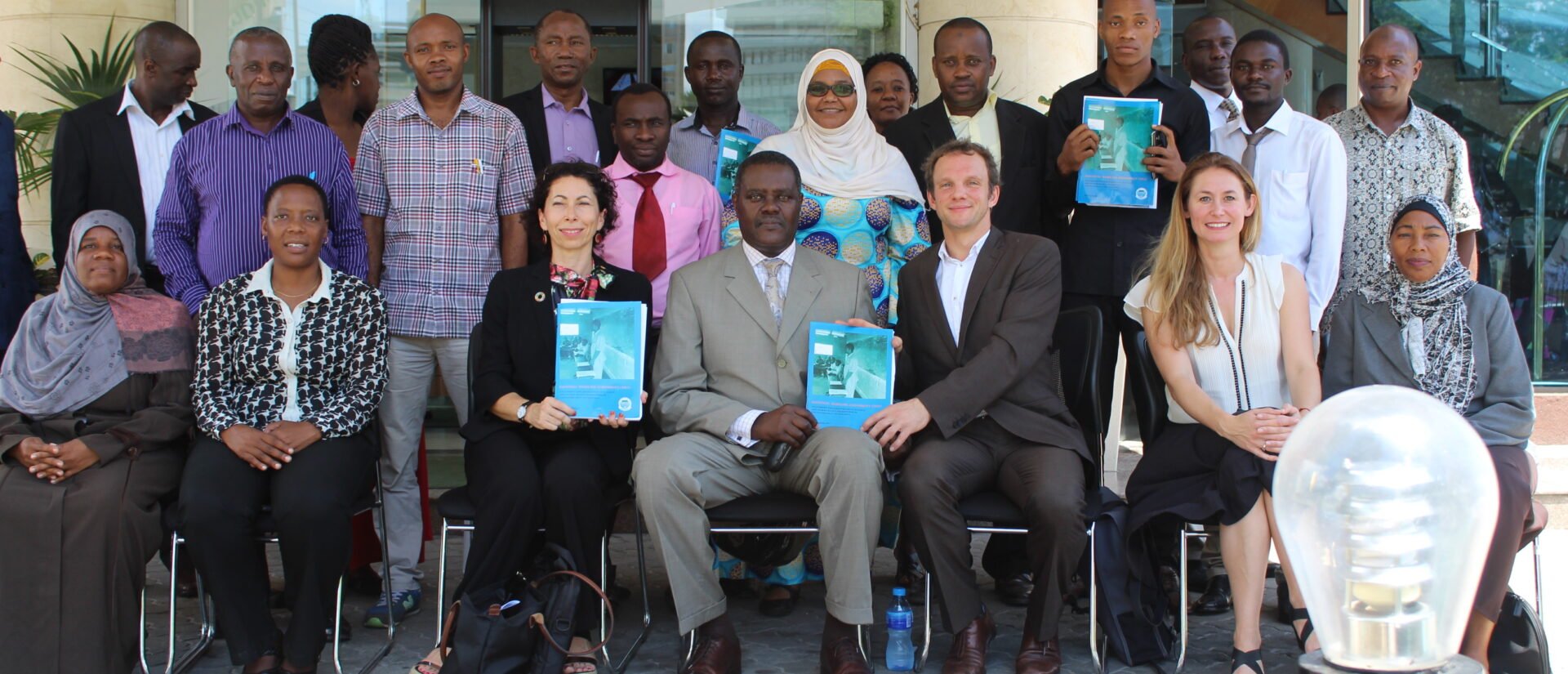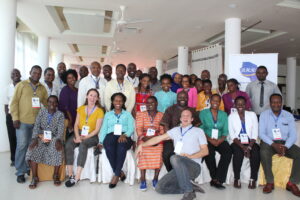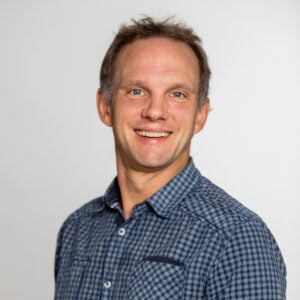
Working hard on Business and Human Rights in Tanzania
From 6–9 November 2017, two of SOMO’s senior researchers and remedy specialists, Mariette van Huijstee and Joseph Wilde-Ramsing, travelled to Dar-es-Salam, Tanzania, to work on national and local business and human rights issues. The trip was one of many activities in a larger project on business and human rights in East Africa that SOMO is implementing. Here’s a peek at what the SOMO researchers and partners were up to.
These activities mentioned took place in collaboration with the Danish Institute on Human Rights (DIHR), the Kenya National Commission on Human Rights (KNCHR), the Commission on Human Rights and Good Governance of Tanzania (CHRAGG), and Business and Human Rights Tanzania (BHRT).
Workshop on access to remedy for communities impacted by uranium mining
SOMO and BHRT organised a workshop for community members adversely impacted by uranium mining. The focus of the workshop was to understand the adverse impacts of a particular mining project on neighbouring communities and to seek avenues for redress and action for these communities with the help of national and international experts.
The community members presented shocking testimonies about the negative consequences people are already experiencing as a result of the mine, which is still in the ‘exploration’ stage. A very concrete impact is that 48 houses have been marked for demolition, leaving the house owners in limbo about when that will happen, and putting them in a position of deteriorating value of their property, with severe impacts on their livelihoods and future options. Community members reported they had been neither consulted nor compensated for their current and future losses.
Negative health impacts
Community members also reported negative health impacts from the mine. The number of cases of impotence and spontaneous abortions has increased since the exploration started. Community members have not been informed about the dangerous health impacts associated with exposure to radioactive uranium and uranium dust. In fact, local officials have even been misleading community members in this regard, telling people that uranium is completely safe and that you can hold it in your hand. And the saddest part is that this is only the start of the communities’ suffering if the mine proceeds to full operation. As experiences with uranium mining in countries like Namibia and other types of mining (e.g. gold) in Tanzania show, environmental degradation and further health impacts can be expected if mining continues and community members are not better informed and consulted about the risks associated with the mine and how to prevent them.

The workshop brought together over 30 participants, comprising community members; representatives of community-based organisations and national-level civil society organisations; and experts on land rights and law, environmental protection and law, campaigning, and international remedy mechanisms. The workshop explored a number of options (remedy pathways) the communities could pursue to claim their rights and seek redress. The result was a decision by the communities to pursue two distinct pathways simultaneously, and concrete and time-bound follow-up actions for each were developed. SOMO and BHRT will continue to support the communities in pursuing these actions. The workshop ended in an extraordinary and festive way: with the community members bursting into song to sign a traditional ‘thank you song’ to the organisers.
Launch of the Tanzanian ‘National Baseline Assessment on Business and Human Rights’
The 9th of November also had a festive character as project partner CHRAGG formally launched the National Baseline Assessment on Business and Human Rights hey had been working on for months, with the support of DIHR, BHRT and SOMO. The assessment process included field research for case studies on three primary industries (tourism, extractives and agriculture), bilateral engagement with government and other stakeholders, and multi-stakeholder consultation workshops. The launch was well attended and kicked off with a panel discussion that included SOMO’s Joseph Wilde-Ramsing, as well as the Dutch Ambassador to Tanzania and an official from the UNDP.
The first result has already been achieved: that of increased awareness about the link between business and human rights with different stakeholders in the country. Many of the 50+ participants at the launch event clarified that the assessment process and report had opened their eyes to the human rights risks and impacts associated with business activities in their country: they had primarily seen (foreign) investments as contributing to development, but hadn’t calculated in the adverse environmental and social risks associated with these activities.
National Action Plan
The assessment marks an important first step for Tanzania to start preventing and mitigating the adverse impacts faced by communities and workers. The next step is to develop a National Action Plan (NAP) on Business and Human Rights to address the challenges. Those countries that have experience developing a NAP know this is a challenging and complex task. SOMO will support CHRAGG in designing and implementing the course of action, with a view to develop a strong NAP that will prevent impacts and ensure that remedy is provided when impacts do occur.
Do you need more information?
-

Joseph Wilde-Ramsing
Advocacy Director
Related news
-
 CSDDD Datahub reveals law covers fewer than 3,400 EU-based corporate groupsPosted in category:News
CSDDD Datahub reveals law covers fewer than 3,400 EU-based corporate groupsPosted in category:News David Ollivier de LethPublished on:
David Ollivier de LethPublished on: -
 Additional evidence filed against Booking.com for profiting from illegal settlementsPosted in category:News
Additional evidence filed against Booking.com for profiting from illegal settlementsPosted in category:News Lydia de LeeuwPublished on:
Lydia de LeeuwPublished on: -
 The hidden human costs linked to global supply chains in ChinaPosted in category:News
The hidden human costs linked to global supply chains in ChinaPosted in category:News Joshua RosenzweigPublished on:
Joshua RosenzweigPublished on:

